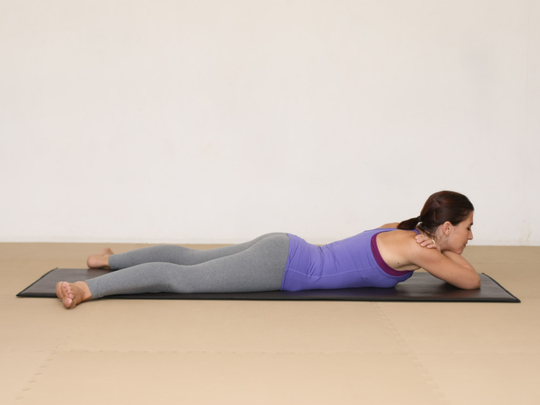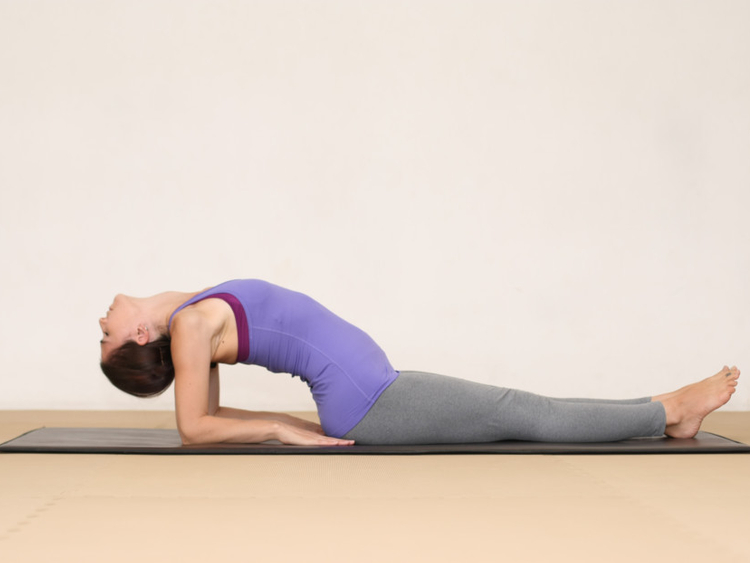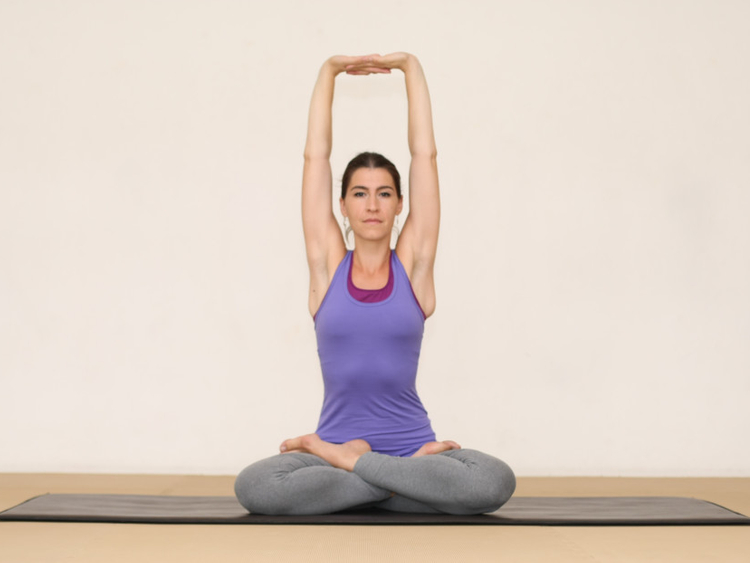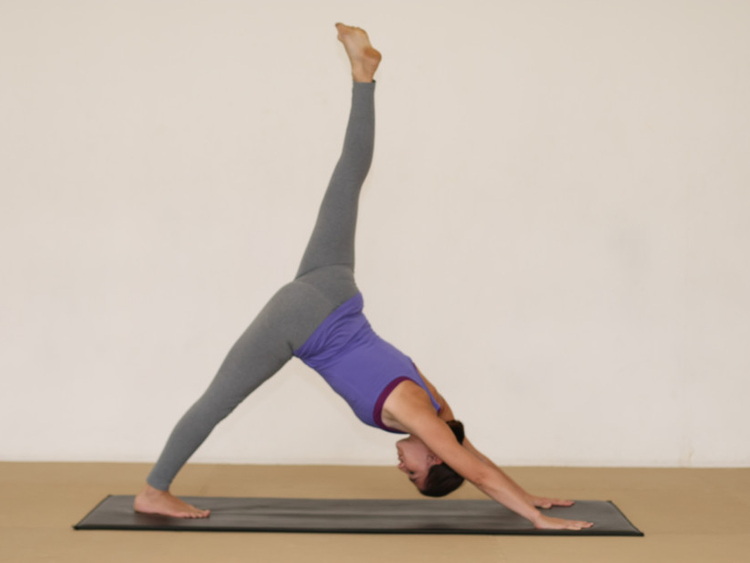
Sleep is essential for growth and development in a child and in adults, for the body to recover, repair and grow. A good sleep for seven to eight hours is recommended every night to stay healthy. Insufficient sleep is known to increase risk of obesity, heart disease, stroke, hypertension, diabetes and cancer. Yoga can help improve your quality of sleep along with numerous other benefits.
Quality of sleep is determined by various factors
Your internal body clock, age, stress levels, temperature, light, diet and hormones all determine the quality of your sleep. There is a special centre in the brain called suprachiasmatic nucleus (SCN) which regulates hormones, body temperature and other functions that affect sleep and wakefulness. SCN works like a clock which upon exposure to daylight raises body temperature and releases stimulating hormones such as cortisol, which helps the body awaken and become active. It also delays the release of a hormone called melatonin which is associated with sleep.
Melatonin is a natural hormone released by the pineal gland when darkness occurs. This hormone stays dominant in the body for 12 hours, usually between 9pm to 9am. You become less alert and feel drawn to sleep when melatonin levels are high. Bright light can inhibit the release of melatonin. Hence it is recommended that you sleep in a completely dark room.
A tired body is also a sleepy body
A certain amount of physical activity is essential for the optimal body function on a day-to-day basis. It is also essential to tire out the body so that it is naturally inclined to sleep. It becomes difficult to sleep when the mental body or mind is hyperactive. Sleep is very light and dreams become vivid as the imaginative body overpowers you. Stress creates havoc in the body and throws the hormones off balance further affecting sleep. When you are sleep deprived for a prolonged period, the body’s immune system weakens which can lead to diseases and disorders. It is also known to cause mental confusion and affects the way you feel, behave and learn.
Yoga helps improve sleep quality and QOL
Research has proven that regular yoga practice can majorly improve the quality of sleep and quality of life (QOL). It can help alleviate sleep disturbances in pregnant women, elderly and people suffering from sleep apnoea, insomnia and similar disorders. Yoga has a deep impact on the brain waves, nervous system and hormonal balance in the body which determine the quality of your sleep.
Breathing techniques are particularly helpful in relaxing the mind and body in order to sleep well. Techniques such as abdominal breathing, brahmari, chandra bhedan pranayama, sheetali or sheetkari pranayama which have a calming effect on the body can help induce sleep when done at appropriate time and for certain duration.
Yoga nidra is one of the best techniques to induce sleep as it affects the physical and mental body distinctly. It is a guided process which is divided into different stages that include relaxation, awareness, resolution and visualisation. This technique can be used to relax the body through deep breathing and awareness of 16 vital points (toes to head) in the body. Quality of sleep determines your metabolism, hormonal balance, organ health and other factors that help in weight loss. Mental and emotional wellbeing is also closely related to regular and undisturbed sleep.
Tip of the week: Give yourself half an hour before you go to bed to relax without gadgets, harsh lights or noise. Take at least 10 minutes to practise deep abdominal breathing where the abdomen inflates like a balloon as you inhale and deflates as you exhale.
Next week:
Beginner blues — are you new to yoga?
This is an interactive series, in which we will bring you practical tips
on daily living, inspired by the vision of yoga. Write in to tabloid@gulfnews.com with your questions and doubts regarding enhancing your lifestyle through yoga. For more information, call 800-YOGA (9642) or log on to artisticyoga.com















